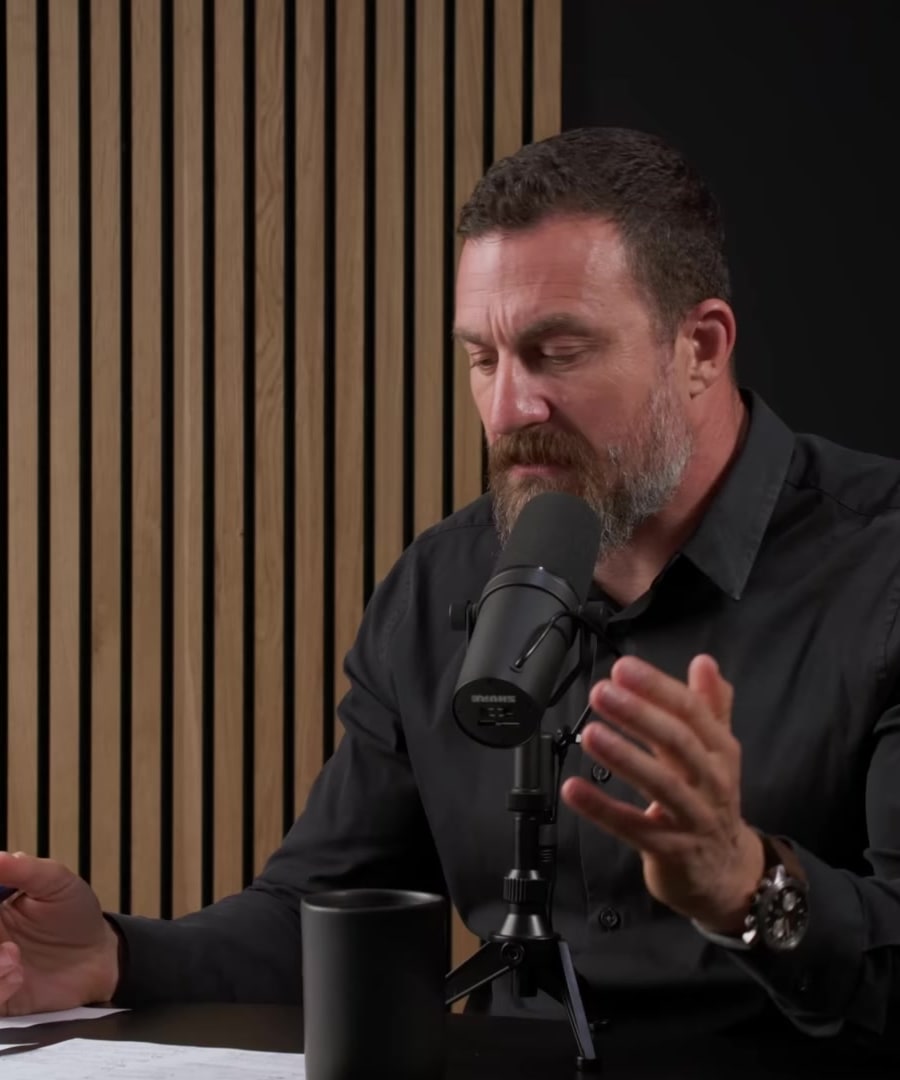What are different types of exercises and their mental health benefits?
Sources:
discusses various types of exercises and their mental health benefits in the . Here are some key insights and benefits:
-
Strength and Hypertrophy Work:
- Objective: Increases muscle strength and size.
- Mental Health Benefits: Enhances focus and alertness, supporting cognitive functions both immediately and over the long term. Regular participation contributes to overall brain health and longevity 1.
-
Endurance Work:
- Objective: Improves the ability to sustain physical activity over time.
- Mental Health Benefits: Aerobic exercises, like running or cycling, significantly enhance mood, reduce anxiety, and improve cognitive functions such as attention and memory. Endurance exercise can help combat depressive symptoms and bolster resilience against stress 1.
-
Moderate Exercise:
- Objective: Achieving a balanced level of physical exertion.
- Mental Health Benefits: Just 15 minutes of moderate exercises, such as brisk walking or light cycling, can increase energy and focus, making it highly beneficial before engaging in cognitive tasks. This type of exercise has been shown to enhance neuroplasticity, supporting learning and memory retention 2.
-
Daily Movement and Zone 2 Cardio:
- Objective: Incorporates low to moderate intensity activities that can be performed while holding a conversation.
- Mental Health Benefits: Regular daily movement, including 180-220 minutes of Zone 2 cardio per week and weekly high-intensity sessions, aids in mood regulation, mental health improvement, and overall cognitive function. This routine helps mitigate the risks of mental health disorders, boosts heart health, and promotes longevity 3.
-
Variety and Balance in Exercise:
- Objective: Incorporate a mix of cardiovascular training, resistance training, and flexibility/coordination exercises.
- Mental Health Benefits: A varied exercise routine prevents overuse injuries and ensures a comprehensive approach to physical and mental health. Balanced exercise routines support mental resilience, regulate emotions, and contribute to a healthier mental landscape 4.
Overall, integrating different types of exercises into your routine is essential for maximizing mental health benefits. Each form of exercise contributes uniquely to mental well-being, making a comprehensive approach very effective.
RELATED QUESTIONS-
What are different types of exercises and their mental health benefits?
- RELATED QUESTIONS



